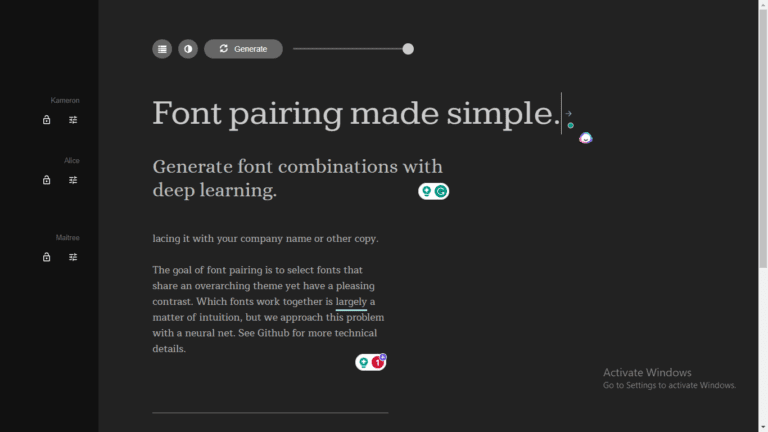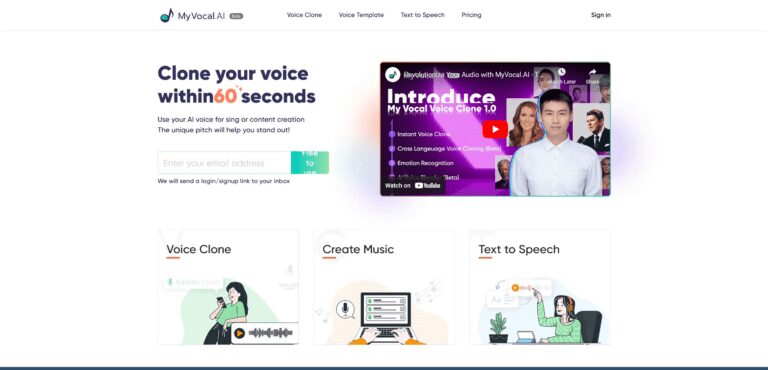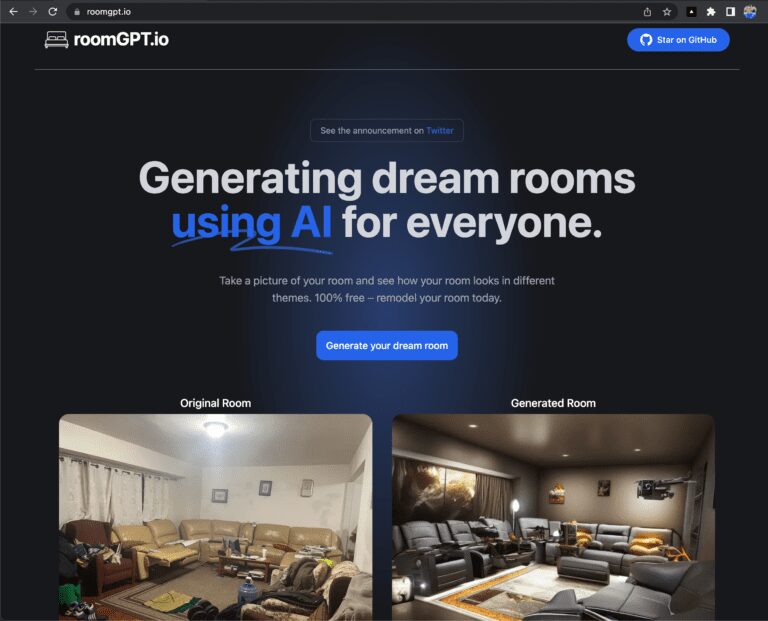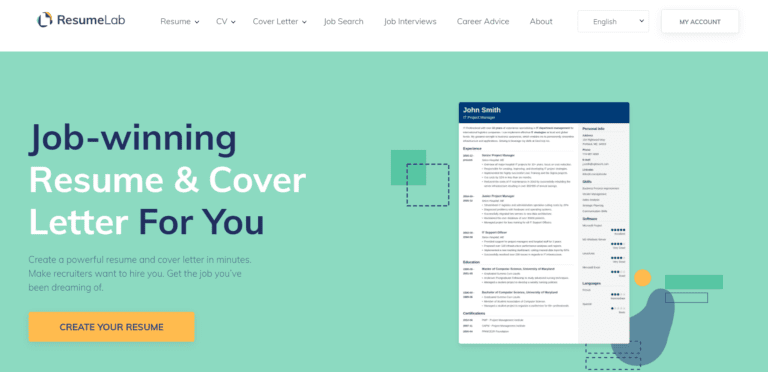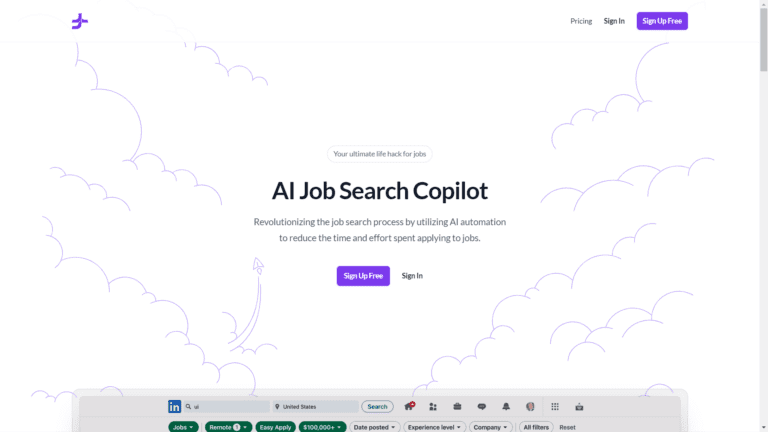As technology rapidly advances, the possibilities for Artificial Intelligence (AI) are nearly endless.
AI has become embedded in our everyday lives through self-driving cars, virtual assistance devices such as Alexa or Google Home, and data analysis software that helps companies meet ever-changing customer demands.
With dynamic uses emerging every day, it’s no wonder we are questioning if and how AI will change the world permanently.
In this blog post, we’ll discuss all of the ways AI could have a lasting effect on society, from its potential to revolutionize healthcare and transportation to eliminating mundane tasks like grocery shopping.
Discover why it is essential to stay informed on this increasingly popular topic.
Table of Contents
What is Artificial Intelligence?
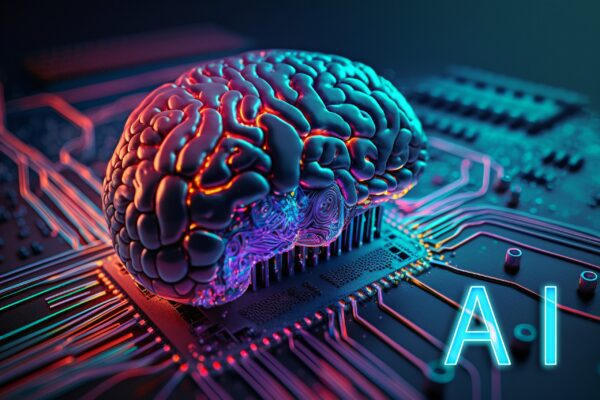
Artificial Intelligence, otherwise known as AI, is an emerging technology that has been an increasingly popular topic for discussion in recent years.
At its core, AI refers to computer systems that can perform tasks that traditionally would require human intelligence. These systems utilize algorithms and complex programming to analyze and learn from data, which enables them to make predictions and decisions based on that data.
The ultimate goal for many AI systems is to replicate human-level AI- the ability to understand language, process information, and even think creatively.
While there is still much work to be done in developing AI systems that resemble human intelligence, this technology is rapidly advancing. It holds enormous potential for revolutionizing many areas of modern life.
Benefits of Artificial Intelligence
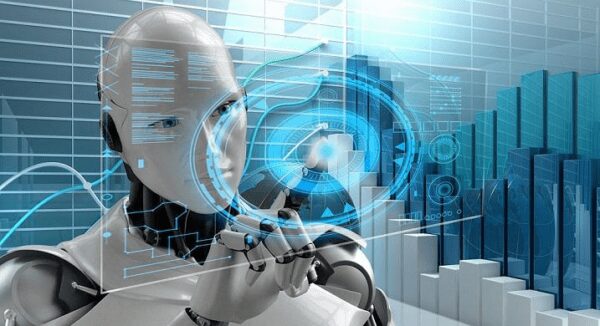
Artificial intelligence is transforming how we live and work, and its benefits are becoming increasingly evident. One significant advantage is its ability to enhance human performance.
AI automation can take over repetitive, mundane tasks and free up valuable time for humans to focus on more creative and strategic work.
Additionally, the rise of machine learning has led to the development of AI systems that closely resemble human-level intelligence, allowing us to solve complex problems and make more informed decisions based on data.
Here are other benefits of AI:
1. Increased Efficiency: With AI, businesses can automate mundane tasks and processes, increasing efficiency and productivity. AI can also help with customer service tasks such as answering emails or phone calls. This allows companies to focus on more significant projects more effectively.
2. Improved Healthcare: AI-enhanced devices such as robotic surgeries and chatbots have revolutionized the healthcare industry by providing medical professionals with better tools for diagnosing and treating diseases. In addition, AI is being used to develop better treatments for various ailments, including cancer and Alzheimer’s disease.
3. Advanced Transportation: Autonomous vehicles have tremendous potential for improving road safety while decreasing traffic congestion. Similarly, autonomous drones could transport medical supplies, goods, and even people in the future.
4. Improved Shopping Experiences: AI technology creates virtual personal assistants to help customers find what they are looking for more quickly than ever before. These virtual assistants can also make personalized product recommendations based on customer preferences.
5. Enhanced Security: AI-powered security systems can identify and respond to threats much faster than human operators, providing increased protection against cyber attacks and other malicious activities.
How Will AI Change the World: AI Applications
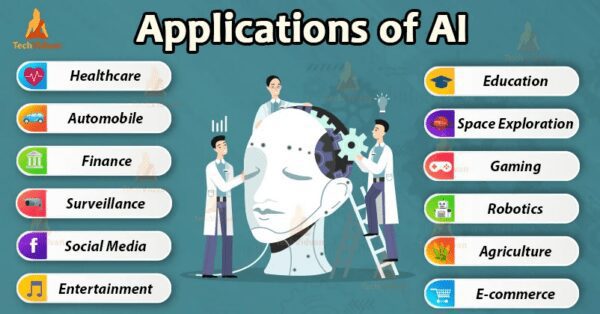
The impact of AI algorithms has already begun to change human existence in ways we never thought possible.
In the near future, AI-powered technologies will further influence the healthcare, transportation, and finance industries. AI journey is on a path of rapid advancement as data collection and analysis become more sophisticated, enabling companies to make informed decisions.
As more businesses integrate AI into their operations, the demand for AI experts increases, creating new opportunities for professionals to specialize in this field.
The true potential of AI goes beyond just job automation; it has the potential to radically change the way we live, work, and interact with each other. It is up to us to ensure that the deployment of AI is ethical and beneficial for everyone.
Here are some of the AI applications:
AI in Transportation
From freight services to personal transportation, AI is changing how we move around. One of the most impressive advancements is the development of autonomous cars and AI drivers.
These self-driving vehicles have sensors, cameras, and data processing systems to outperform humans regarding decision-making and safety. The potential for these cars is endless, ranging from safer roads to more efficient use of time and resources.
In addition, veteran travelers can now experience more accessible and independent travel options through AI in transportation. The future of transportation looks bright, with AI leading the way, but it may render drivers unnecessary, causing job displacement.
AI in Healthcare
As we move into a more technologically advanced world, it’s unsurprising that AI is making its way into healthcare. From drug discovery to virtual nursing assistants, the applications of AI in healthcare are extensive.
One of the significant benefits of AI is the ability to analyze data with predictive analysis sensors and make predictions based on that data. This can lead to earlier diagnosis and treatment of diseases and more accurate and personalized medical care.
However, as AI becomes more prevalent in healthcare, there is growing concern about how it will affect human jobs.
AI in Manufacturing
The manufacturing industry is poised to undergo a significant transformation thanks to the rise of artificial intelligence.
Companies worldwide are spending billions of dollars to develop and integrate emerging technologies into their operations, and tech giants are leading the charge. AI can potentially influence how humans interact with machines in manufacturing by automating routine tasks and detecting defects in real-time.
With such advancements, workers can focus on more complex and creative aspects of production while AI takes over the mundane work. This shift has already begun, with AI being used to streamline processes, optimize production lines, and enhance quality control.
AI in Education
The education sector is not an exception in artificial transformation. As we look toward the future, it’s becoming increasingly evident that AI will play an immense role in shaping our world.
AI has already proven to exceed human performance in several areas, and it’s foreseeable that this trend will continue in the coming years. When it comes to writing school essays, for example, AI tools are already being developed to analyze a student’s writing and provide feedback and guidance on improvement.
As AI becomes more ubiquitous in the classroom, it has the potential to change how we learn and teach, making education more personalized and effective than ever before.
AI in Media
AI is also making advances in the media industry. AI has already significantly impacted this sector, from news analysis to science fiction and automatic subtitling of videos.
In particular, AI can help companies better understand customer data, providing a wealth of information about their target audiences that can be used to create more effective marketing campaigns or tailor content to meet the needs and interests of viewers.
AI will continue to have an increasingly profound effect on the media industry in the coming years.
AI in Customer Service
As AI continues to evolve, we may see far-future AI emerging more closely resembling human-level AI. One of the most significant benefits of using AI in customer service is the potential to protect consumers from being scammed or misled.
AI platforms can quickly sift through large amounts of data, identifying patterns and anomalies that may indicate fraudulent activity. Additionally, deep learning algorithms allow AI to adapt and improve over time, meaning it will become even better at identifying scams and preventing fraud in the future.
Also, with the help of AI, customers can now get instant answers to their questions without waiting for a live representative. Businesses increasingly use chatbots in various industries, from retail to banking and healthcare.
These intelligent virtual assistants give customers quick responses they can trust, making customer service faster, more efficient, and more reliable than ever.
How to Use Artificial Intelligence
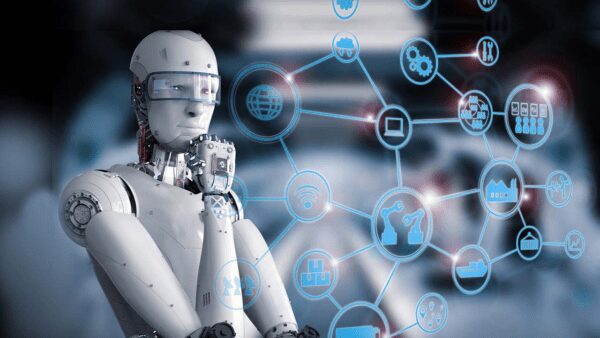
AI has the potential to influence industries and profoundly improve our lives. However, with great power comes great responsibility. We must work together to ensure that AI is used ethically and responsibly for the benefit of everyone.
Adopting ethical standards and regulations will be essential, as will continued research into the social implications of AI development and deployment. When used correctly and cautiously, AI can help create a better future.
Here is how to get started in using AI:
1. Start by identifying a problem that could benefit from AI-powered solutions. Consider the available data, the problem’s complexity, and whether AI is necessary to solve it.
2. Collect and prepare your data for analysis: Clean, format, and organize it in a way that an AI system can easily understand.
3. Choose an appropriate model for your problem: Choosing the best model depends on factors such as the size and scope of the data set, the accuracy desired, etc.
4. Train your model with labeled training data: This will give it context to identify patterns in future inputs accurately.
5. Evaluate your model’s performance: Monitor performance metrics such as accuracy and speed to determine if your model works as expected.
6. Deploy the model: Once satisfied with its performance, you can deploy your AI-powered solution in production.
7. Monitor and fine-tune your model: Even after deployment, it’s essential to monitor the model for any signs of degradation or inaccuracy and make changes where needed.
What are the Limitations of AI?
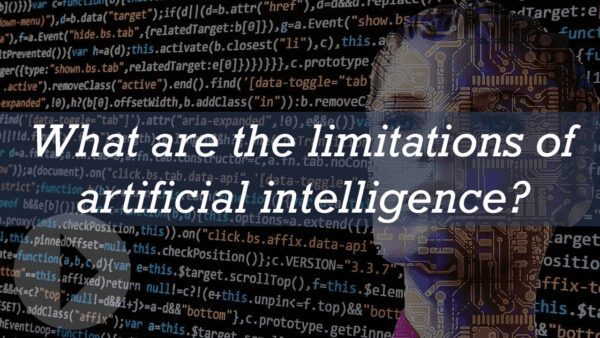
Despite the promise of AI, its capabilities are limited. AI is still in its early stages; as a result, many unknowns exist in how to use it effectively.
One limitation is that AI works best with abundant data; algorithms cannot generate accurate results without enough quality data sets. Additionally,
AI systems that rely on deep learning can produce unpredictable results due to their lack of interpretability. Finally, bias can be introduced into AI models if the data reflects prejudice or discrimination.
In summary, artificial intelligence can positively change our world, from better health care to improved customer service experiences.
That said, we must ensure the responsible use of this technology and identify its limitations to maximize the potential of AI.
How will AI Change the World in the Future?
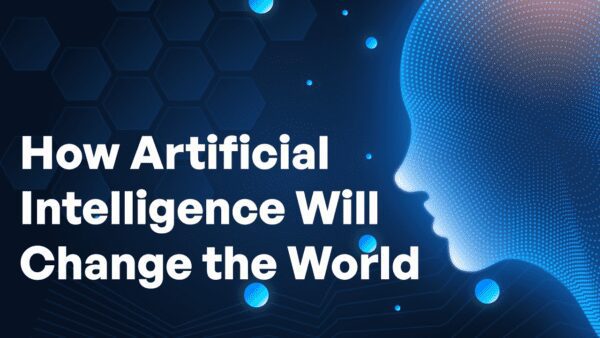
AI has a profound impact on the world and will continue to do so in the future, and some are already saying AI exceeds human performance. AI has immense potential for improving our lives, from reducing poverty and hunger to increasing access to education and healthcare.
In the future, we can expect AI to play an even larger role in how we work, learn, and live.
Automation will be used increasingly widely across all industry sectors as machines can take over routine tasks. In addition, natural language processing (NLP) advancements will allow us to communicate with computers more intuitively.
Finally, powerful AI algorithms will help us find solutions to complex problems faster. From disease prevention to disaster prediction, AI will allow us to make more informed decisions and tackle issues that have been out of reach until now.
The Impact the Artificial Intelligence Has on Industries
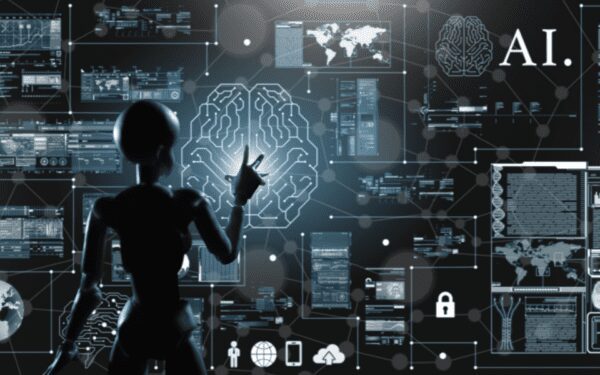
AI is already transforming multiple industries, from healthcare to finance. AI can help improve the efficiency of operations and automate tedious tasks like data analysis.
Additionally, by leveraging machine learning algorithms and deep learning networks, AI has the potential to make predictions about future outcomes and recommend ideal courses of action.
In the medical field, for example, intelligent systems have been used to diagnose illnesses more accurately than humans in some cases. In banking, AI-powered chatbots are increasingly used to quickly and efficiently answer customer inquiries.
And in retail, AI can be used to personalize customer experiences with targeted ads or product recommendations based on past purchases or browsing history.
The possibilities of using artificial intelligence in various industries are endless. AI has the potential to revolutionize how we work and live, significantly improving our quality of life in the process.
The Problem with Artificial Intelligence
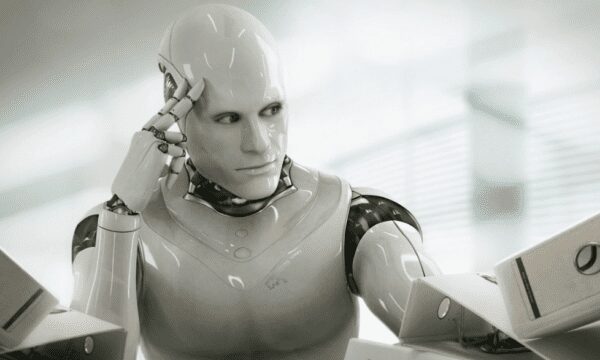
The potential of AI comes with its own set of ethical issues. AI systems can be vulnerable to hacking, and their data can have biases that lead to inaccurate predictions or unfair outcomes.
It’s essential to ensure that data sets are clean and unbiased and that algorithms are tested for accuracy before being deployed in production. Additionally, guidelines must be established on how AI should be used ethically and responsibly.
Finally, even if these issues are addressed, there is still a risk that AI could become too powerful; some experts warn that an AI system may one day replace humans entirely or cause unintended harm due to its lack of understanding of human values.
It will be up to us as a society to ensure that the potential of AI is used safely and responsibly.
My Experience with Artificial Intelligence
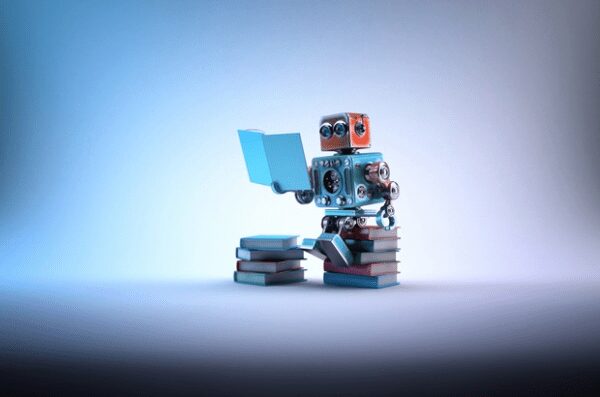
I have been working with AI for several years in various capacities. It has been gratifying to witness the revolutionary potential of these technologies and the challenges they bring.
The most rewarding experience has been watching AI systems learn and improve over time, becoming more accurate and efficient. I believe that with proper care and monitoring, AI can be used responsibly and safely to improve our lives meaningfully.
As an SEO expert, I utilize AI technologies to understand client needs better and propose practical solutions. By leveraging machine learning algorithms, my team can quickly identify areas of improvement in content or keyword rankings.
In doing so, we can provide our clients with data-driven insights that enable them to make informed decisions about their SEO strategy.
Wrapping Up
Artificial Intelligence has the power to change our lives for the better profoundly. Whether it’s used to diagnose diseases more accurately, automate tedious tasks, or help us make smarter decisions, AI will surely have a lasting effect on society.
We must remain aware of its ethical implications to use AI responsibly and avoid potential risks. With proper guidance and oversight, AI can continue to be leveraged effectively and safely into the future.
